Taking proper care of your eyes is crucial for your overall health. It is the organ that helps you see everything to navigate through life. But taking care of your vision requires more than investing in the right pair of eyeglasses. Taking eye health supplements, such as lutein and zeaxanthin supplements, may be necessary to keep your eyes in tip-top shape at all times.
Among all food supplements, carotenoids like lutein and zeaxanthin can be considered the best eye health ingredients. These antioxidants provide plenty of benefits to the body. However, experts believe they also provide eye health with the best nutrition. The lutein and zeaxanthin benefits include protecting the eyes from harmful light and improving visual performance. But why are these ingredients helpful in caring for your eyes? Find out more about these antioxidants by reading this article.
What Is Lutein?
Lutein is a popular food supplement ingredient classified as a carotenoid antioxidant. Carotenoids are phytonutrients present in the cells. Lutein and eyesight are closely linked, as this antioxidant helps filter harmful blue light and supports overall eye health.
What Types of Foods Contain Lutein?
You can find many lutein-rich foods in your pantry and trusted supermarkets. But the highest dose of dietary lutein is present in green leafy vegetables, including the following:
- Spinach
- Kale
- Broccoli
- Parsley
- Lettuce
- Leeks
- Basil
- Peas
You may also get more lutein from other food sources, particularly:
- Red pepper
- Egg yolks
- Durum wheat
- Corn
- Pistachios
- Einkorn wheat
How Much Lutein Does Your Body Need?
There is no recommended dietary intake for this phytonutrient at the moment. Still, the Food and Drug Administration included lutein in the list of antioxidants that are Generally Regarded as Safe (GRAS).
Also, a recent study discovered that 10mg of lutein is necessary to help reduce the risks of dealing with advanced age-related macular degeneration (AMD).
On the other hand, the Council for Responsible Nutrition mentioned that up to 20 mg of lutein is safe for daily consumption.
What Is Zeaxanthin?
Like lutein, zeaxanthin also belongs to the carotenoid family and is also present in the human eye. Reports claim that zeaxanthin provides a yellow-colored pigment called macular pigment (MP) shield to protect eye cells from the damaging effects of different light sources like the sun.
This nutrient also helps shield the eyes from free radicals that cause damage to the cells.
What Types of Foods Contain Zeaxanthin?
Another similarity between zeaxanthin and lutein is the types of food that have high levels of these nutrients.
Like lutein, dark leafy vegetables are also a good source of zeaxanthin. You will also find high levels of this phytonutrient in goji berries, corn, and egg yolks.
Infants can also get a steady supply of this nutrient through breast milk.
Other good sources of zeaxanthin include the following food items:
- Spinach
- Green peas
- Pistachio
- Romaine lettuce
- Brussels sprouts
- Summer squash
- Pumpkin
- Carrots
- Asparagus
- Broccoli
How Much Zeaxanthin Does Your Body Need?
The FDA did not release a daily recommended intake for this nutrient. However, a study suggested consuming at least 2 mg of zeaxanthin to get optimum benefits.
You can also increase your zeaxanthin consumption to 5-6 mg daily to reduce the risk of AMD and prevent the rapid growth of cataracts.
Should You Take Separate Supplements for Lutein and Zeaxanthin?
Since studies linked both lutein and zeaxanthin to the decreased risk of eye health problems like AMD, taking supplements containing these nutrients ensures you get the most out of them.
While a study suggested that dietary supplements like lutein and zeaxanthin can help lessen healthcare expenses, investing in products containing high levels of these nutrients could be an ideal choice.
You may opt to get supplements that enhance the function of your immune system, such as Immune Boost. Aside from improving your body’s immunity, people use it to get their recommended daily allowance for all types of nutrients to keep their bodies fit and healthy.
This potent immune support formula contains a wide range of antioxidants, vitamins, and minerals to help promote a naturally healthy immune system. It is perfect for those too busy to prepare nutritious meals or those who need an immunity boost because of life’s nonstop and constant demands.
Immune Boost contains 10 mg of lutein and 2 mg of zeaxanthin, which are research amounts of nutrients in just one serving.
Supplements like this ensure that you get the research dosages of these nutrients without buying different products. Still, it would be best if you knew the basics of taking these health products all the time.
How Lutein and Zeaxanthin Supplements Affect Eye Health?
Since both carotenoids form the primary elements of MP, a deficiency in these nutrients can affect your eye’s health.
Without the correct levels of lutein and zeaxanthin, harmful free radicals may be the culprit of eye damage and may also put you at risk of developing eye-related illnesses like cancer.
By taking lutein and zeaxanthin, there is less concern about losing your natural blue light optical filter that serves as your eyes’ sunscreen. Knowing how these two nutrients benefit your eyes may give you peace of mind. But keep in mind they should be taken at research dosages in your diet to be effective.
Who Should Take Lutein and Zeaxanthin Supplements?
Anyone can supplement their diet with these eye-protecting nutrients. But some individuals would benefit more from taking these food supplements, including females with lowered lutein levels.
People with naturally light irises and those who smoke may be encouraged to add more lutein and zeaxanthin to their diet. It is also recommended for those diagnosed with Age-related Macular Degeneration (AMD) or with a family history of this condition.
Lutein and zeaxanthin supplements also work best for people who work outdoors or are involved in hobbies that continually expose them to ultraviolet damage.
The Bottomline
Increasing your body’s lutein and zeaxanthin levels could bring plenty of benefits to your eyes. With the proper levels of these nutrients in your body, you may help reduce the possibility of developing eye problems like AMD. So look for supplements containing lutein and zeaxanthin as active ingredients to support your visual health.



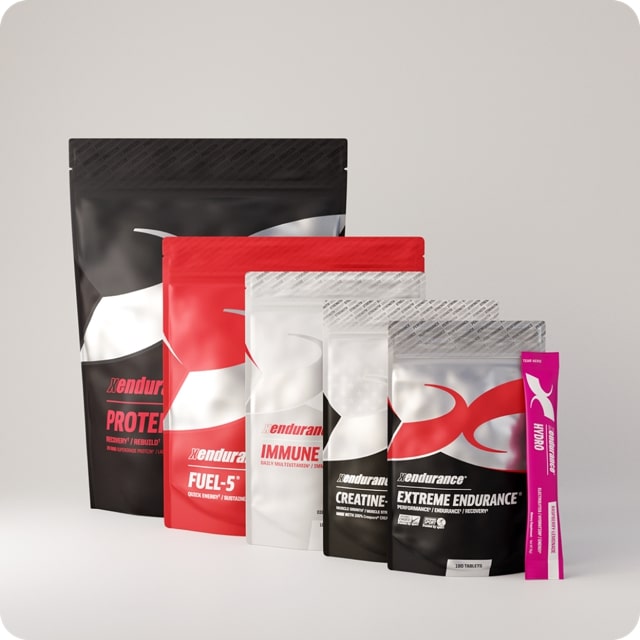
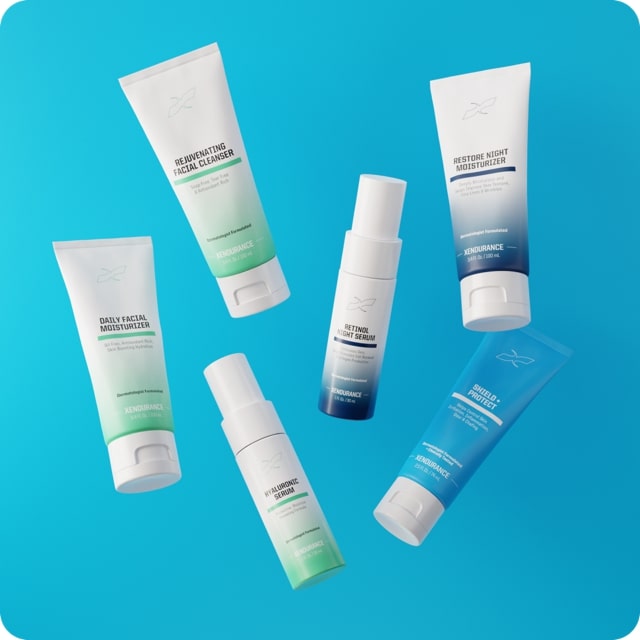
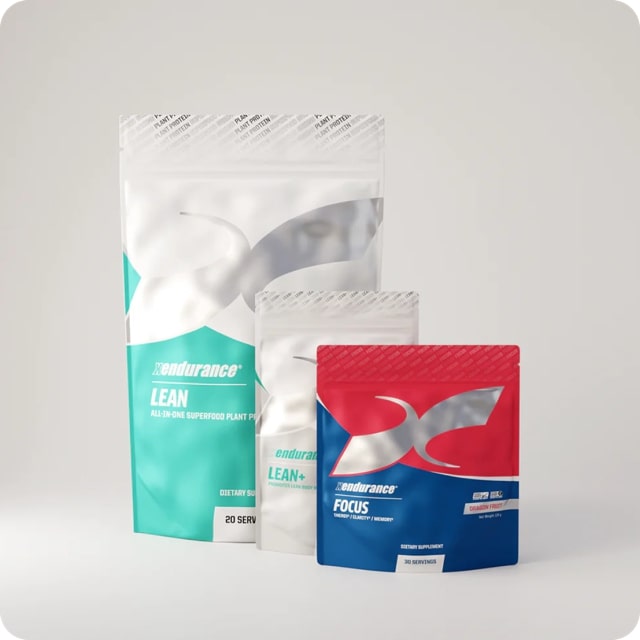
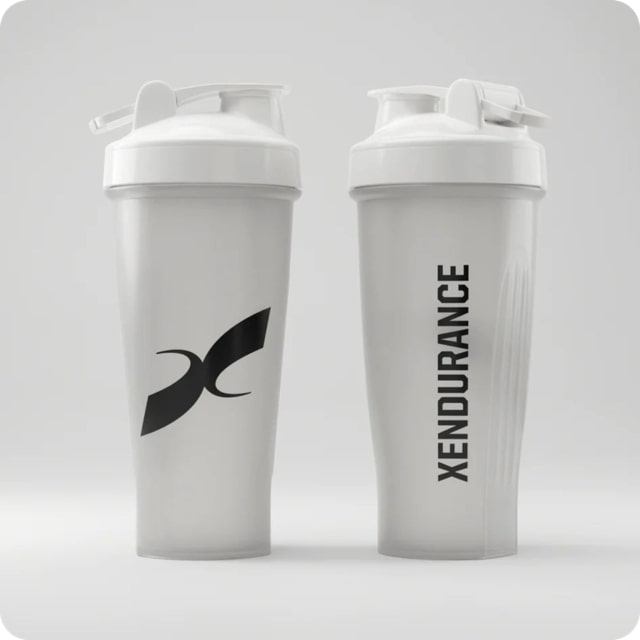
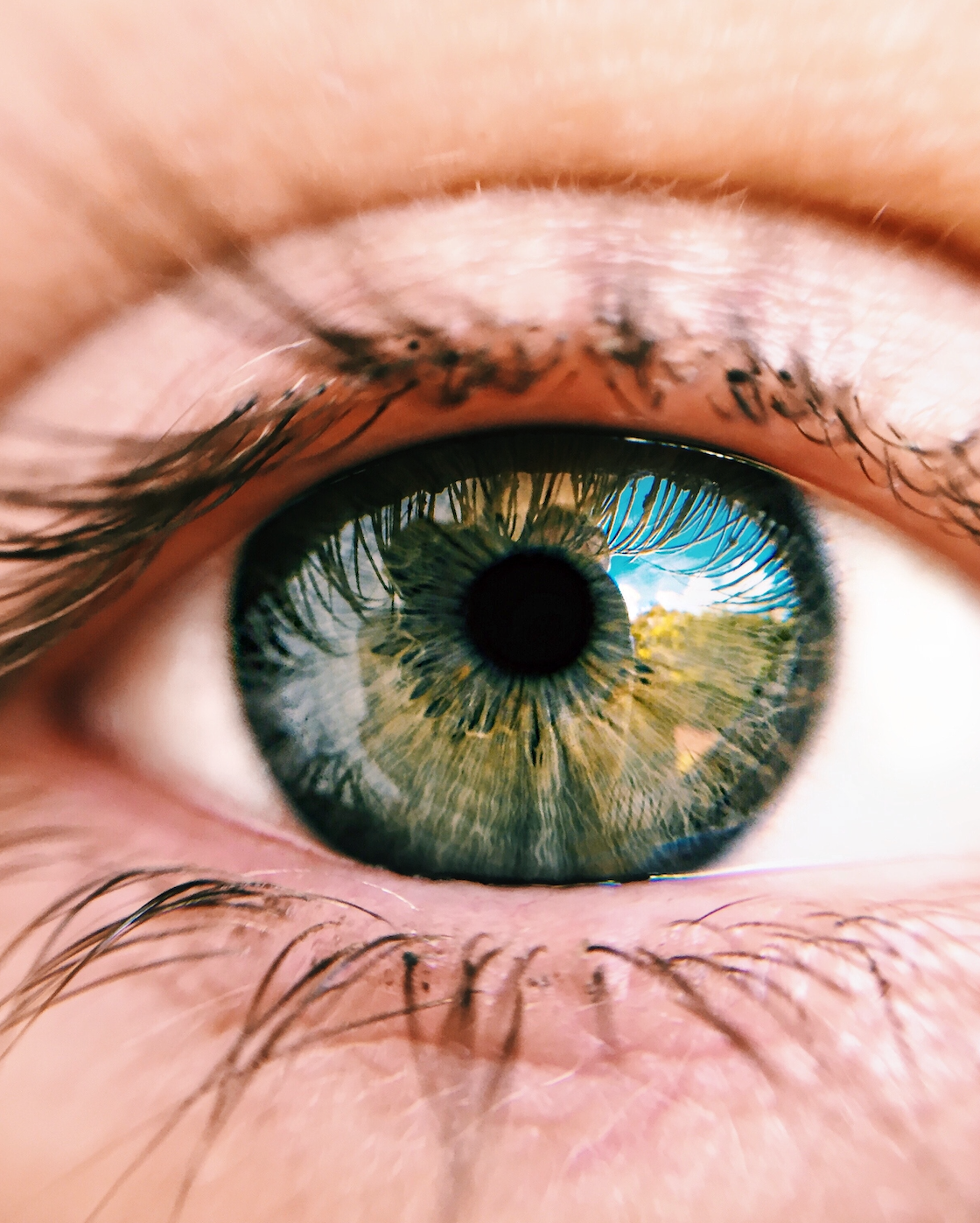


Leave a comment
This site is protected by hCaptcha and the hCaptcha Privacy Policy and Terms of Service apply.